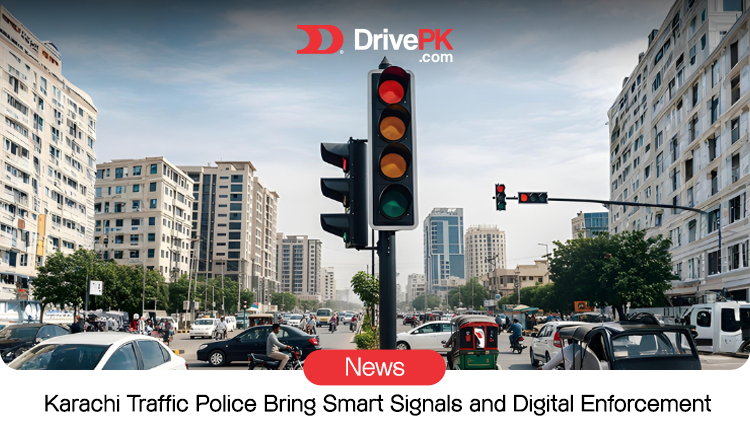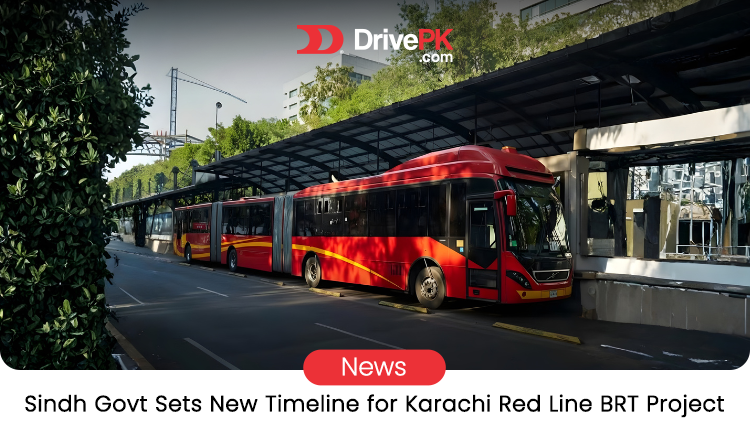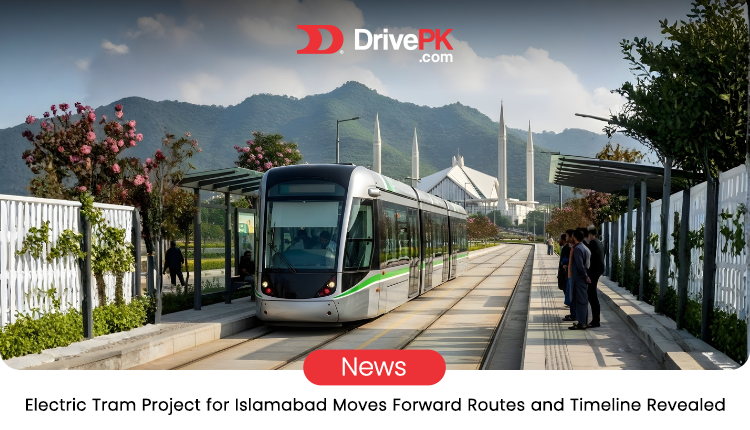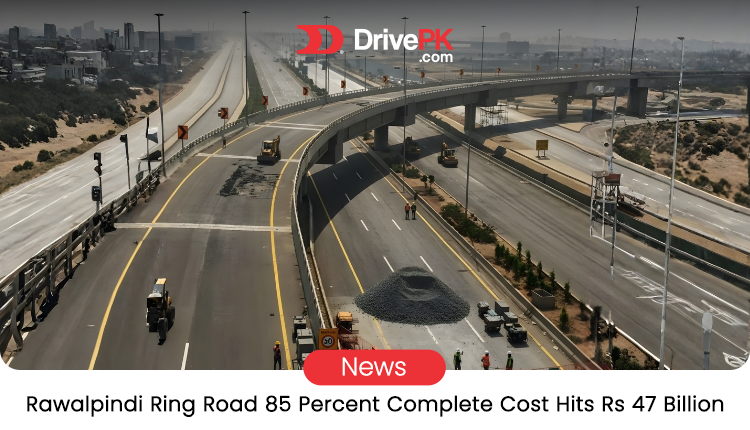Karachi’s Traffic Is Getting a Real Fix, Here’s What You Need to Know
Karachi is finally fixing its traffic chaos with the launch of the new KTMC, installation of 400 smart signals, expanded e-challan cameras, and a first-offender fine waiver system. Accident rates are already down nearly 50% in monitored areas, marking the city’s biggest traffic reform in decades.

Table of Contents
- A New Team Is Running the Show
- 400 Smart Traffic Signals Are Coming
- The Camera System Is Already Working
- First-Time Offenders Get a Second Chance
- What Changes Will You Notice First?
- Conclusion
Karachi’s roads have been a nightmare for years. Horns, gridlock, accidents, everyone has a story. Now the city is taking serious action, not just talking.
A New Team Is Running the Show
The government set up the Karachi Traffic Management Company (KTMC). For the first time, one dedicated organization controls traffic engineering city-wide. No more blame game between departments. They plan, they build, they maintain – all under one roof.
400 Smart Traffic Signals Are Coming
The biggest part of the plan: 400 new intelligent traffic lights. These signals use cameras and sensors to count vehicles and change timings on the spot. Rush hour gets longer greens where needed. Late night gets quick cycles, so no one waits forever at empty roads.
Total cost is Rs. 3 billion, and the money is already allocated. Work started this year. Major corridors like Shahrah-e-Faisal, Korangi Road, MA Jinnah Road, and University Road are first in line.
The Camera System Is Already Working
The e-challan cameras aren’t new, but the numbers are striking. In areas with full camera coverage, monthly accidents dropped from 96 to 46. That’s almost 50% fewer crashes in just a couple of years. Red-light jumping and dangerous lane changes are way down because people know they’ll actually get caught.
First-Time Offenders Get a Second Chance
Got your first e-challan? Don’t panic. Visit any of the 11 traffic facilitation centers across Karachi, attend a short road-safety class, pay a small awareness fee (usually Rs. 200–500), and the fine is waived completely. Thousands of drivers have already used this option. It’s fair and it teaches instead of just taking money.
What Changes Will You Notice First?
- Shorter waits at big intersections once smart signals go live
- Fewer random red lights at 2 a.m.
- Smoother flow on main roads during peak hours
- More cameras, so dangerous driving actually has consequences
- An easier way to clear your first mistake without paying heavy fines
The project isn’t finished yet, but pieces are already in place. Signals are being installed every month, cameras are being added, and the new company has a clear mandate.
Conclusion
Karachi traffic won’t turn into Singapore overnight. But for the first time in decades, there’s real money, real tech, and real results showing up on the roads. Drivers might actually start believing change is possible.
For more updates, visit DrivePK.com
Tags
Share this article
About the Author
Najeeb Khan
Automotive enthusiast and writer
Comments (0)
Login Required
You need to be logged in to comment on this article.
No comments yet. Be the first to share your thoughts!
Related Articles

Karachi Red Line BRT Project Update 2026: Sharjeel Inam Memon Shares Timeline and Challenges
Sharjeel Inam Memon updated on the Red Line BRT in Karachi. The project could need another 18 months to complete after facing big challenges. Side roads will be ready before Eid. Key work on University Road finishes soon. Efforts continue to clear bus import hurdles

Islamabad Electric Tram Service 2026: CDA Starts Feasibility Study for New Routes
Capital Development Authority has begun work on an electric tram service in Islamabad. The move follows direct orders from the federal interior minister. The feasibility study must finish in three months. Routes planned from Islamabad Airport and Rawat to Lake View Park. The system will be fully cashless.

Thalian Interchange Work Starts Next Week on Rawalpindi Ring Road, Cost Now Rs 47 Billion
Work on the Rs 5 billion Thalian Interchange of the Rawalpindi Ring Road starts next week. The divisional administration will acquire 358 extra kanals near the motorway, raising the total project cost to Rs 47 billion. More than 85% of the road is already finished. Bookings for toll and e-tags are expected to follow the Lahore model at Rs 80 per vehicle.